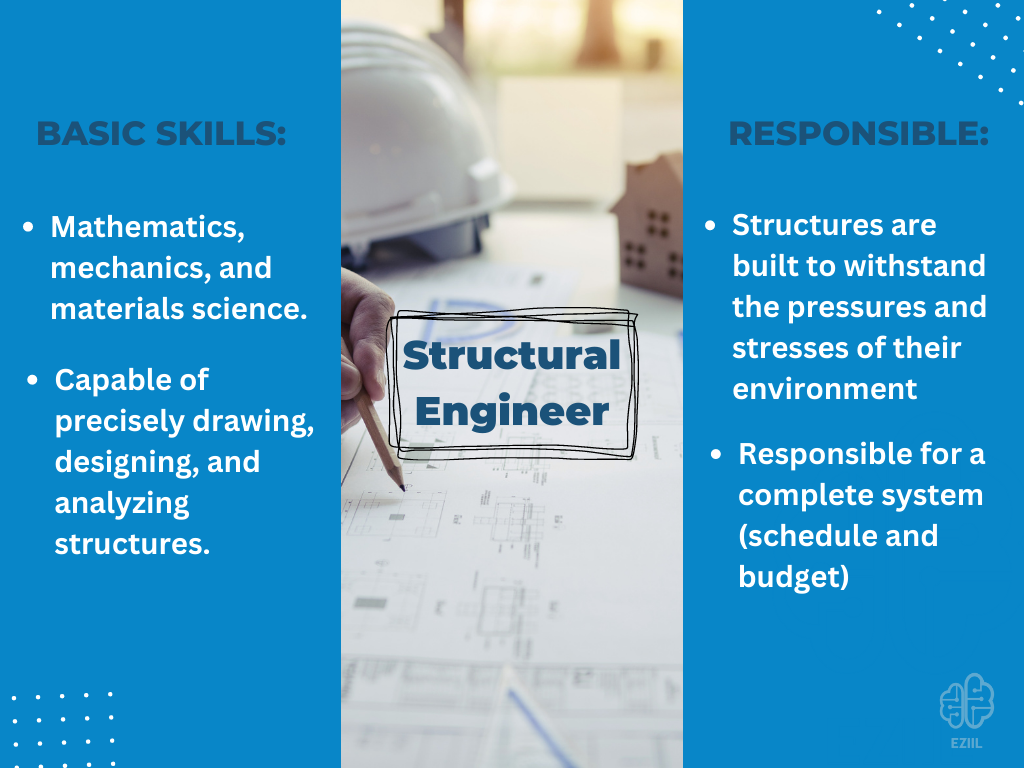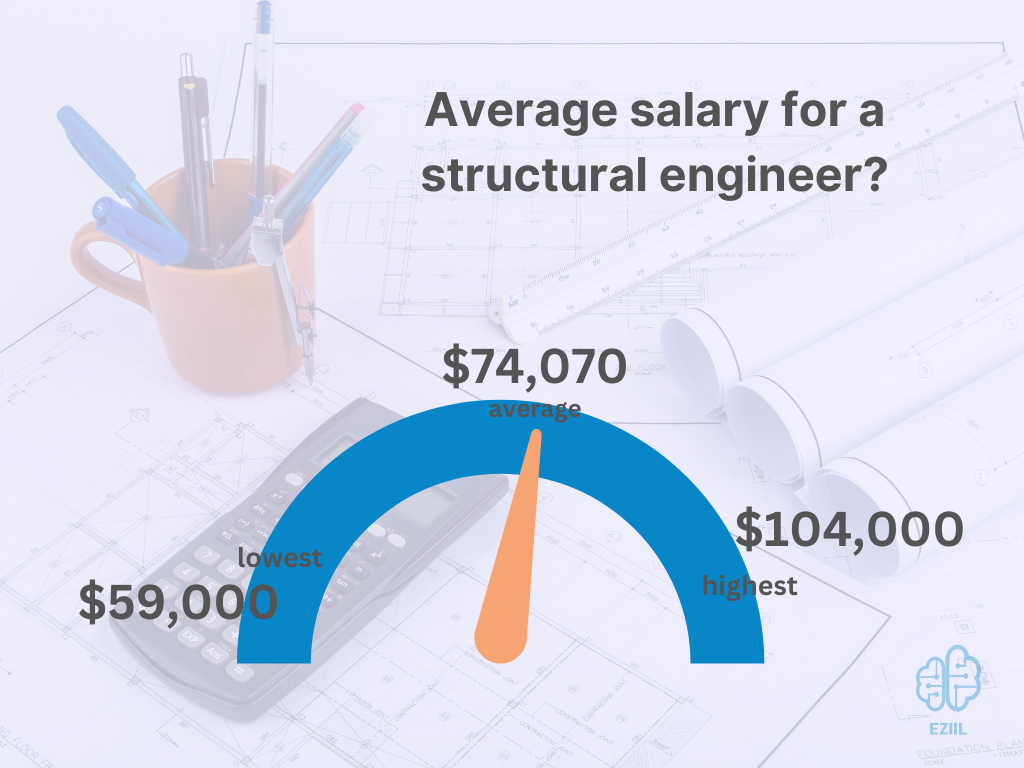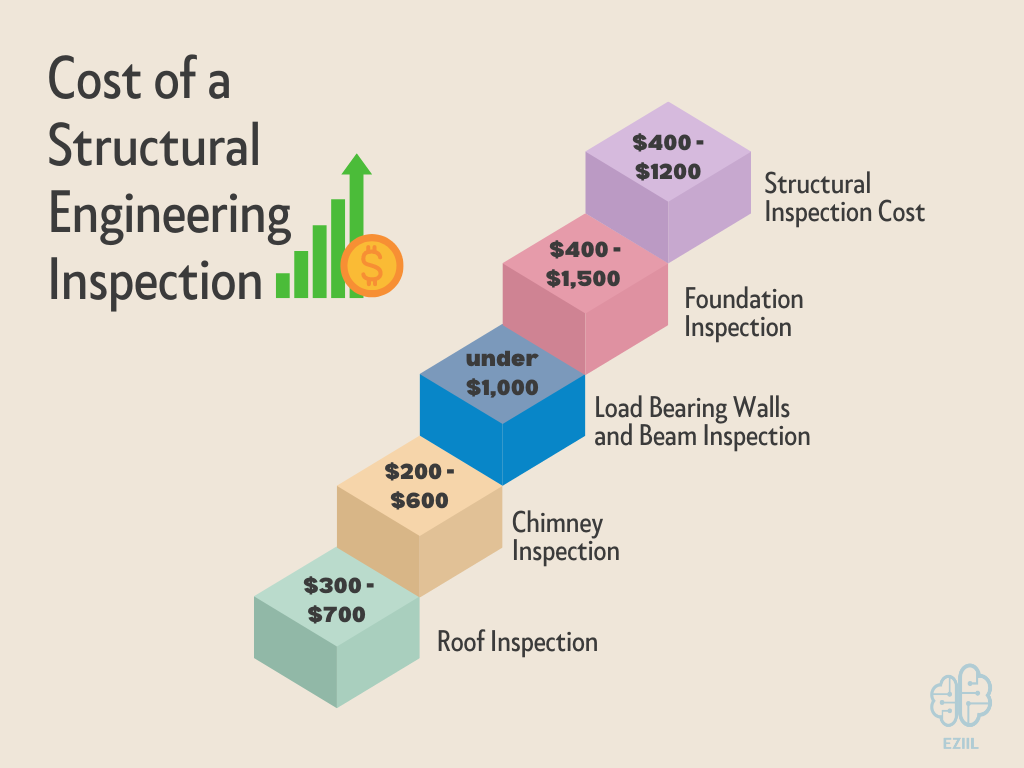Because there are many different types of engineers, it’s insufficient to say someone works in engineering. After all, electrical engineers, aerospace engineers, and chemical engineers, to name three of the better-known titles, are engineers whose work has little relation to one another.
One engineering-related job title you might not readily recognize is the structural engineer, yet this role in structural engineering is as essential as any other career regarding public safety and durability. Structural engineering is among the oldest types of engineering, dating back to at least 2700 BC with the construction of the Egyptian pyramids.
A definition of structural engineering, taken from the Institution of Structural Engineering, indicates that it is a branch of civil engineering involving the application of the laws of physics, mathematics, and empirical knowledge to safely design the ‘bones’ and load-bearing aspects of manufactured structures.
With that in mind, it leads to the following question:
What Does a Structural Engineer Do?
Structural engineers are trained professionals responsible for ensuring that public or private structures, including bridges, tunnels, dams, and buildings, are built to withstand the pressures and stresses of their environment, such as gravity loads, storms, and earthquakes.

Structural engineers apply mathematics, mechanics, and materials science to determine how well each structure will cope under its weight and any imposed loads. They will also use their training and knowledge to specify various construction materials in different shapes and design structures.
In recent years, structural engineers have been aided by software development capable of precisely drawing, designing, and analyzing structures.
Novice engineers often start by working on a structure’s specific elements. In contrast, experienced engineers could be responsible for a complete system, ensuring that they conform to standards and building codes and are delivered on schedule and within budget.
Structural engineers may collaborate with civil engineers and architects.
The Institution of Structural Engineers makes the following analogy: If a structure were a human body, the architect would handle the body’s shape and appearance, while the structural engineer would be concerned with the skeleton and sinews.
How Can Someone Obtain a
Structural Engineering Degree?
Structural engineers have first earned a bachelor’s degree in engineering, mathematics, or another related field. They have passed the Fundamentals of Engineering (FE) exam and completed a four-year internship or apprenticeship program under the supervision of a licensed professional engineer (PE). After training, they acquired a license by passing the Principles and Practice of Engineering exam.

Chart source: https://www.collegefactual.com
Structural engineers typically have analytical and mathematical minds and are proficient at problem-solving. Leadership and management abilities with strong interpersonal communication skills are also essential. Some projects require three-dimensional conceptual skills and knowledge of physics.
Structural engineers can work with various structural materials, such as steel, concrete, masonry, and wood.
To become a structural engineer, individuals typically need a bachelor’s degree in civil engineering, with a focus on structural engineering coursework. This degree program covers essential topics such as structural analysis, mechanics of materials, steel and concrete design, and structural dynamics. Some universities also offer dedicated structural engineering degrees, providing students with a more focused education in this field.
Upon completing a bachelor’s degree, aspiring structural engineers may choose to pursue a master’s degree in structural engineering, further expanding their knowledge and expertise in this discipline. In addition to formal education, many engineering jobs, including structural engineer jobs, require professional licensure. In the United States, this involves passing the Fundamentals of Engineering (FE) exam, gaining relevant work experience, and subsequently passing the Principles and Practice of Engineering (PE) exam to obtain the Professional Engineer (PE) job title.
How Much Does a
Structural Engineer Make?

According to the PayScale website, the average salary for a structural engineer is $74,070, with the lowest-paid 10% averaging $59,000 and the highest 10% at $104,000.
Men dominate the workforce, with 8-out-of-10 being male and 9-out-of-10 structural engineers receiving medical benefits.
Structural Engineers give their careers a job satisfaction rating of 3.75 out of 5, meaning they are highly satisfied with their job.
The structural engineer salary is typically higher than the average salary for other engineering jobs, reflecting the specialized knowledge and expertise required in this field. According to the U.S. Bureau of Labor Statistics, the median annual wage for civil engineers, including structural engineers, was $87,060 in May 2020. However, the structural engineer salary can vary depending on factors such as experience, job location, and the size of the employing organization. For instance, entry-level structural engineer jobs may offer a lower starting salary, while experienced professionals in high-demand areas can command a higher income.
Book a 60-minute demo to see
how eziil mrp solution works for you
Are Structural Contractors the Same as
Structural Engineers?
Not exactly. A structural contractor is a general contractor subject to the education, certification, and training required by the state. Contractors marketing themselves as structural contractors typically have more expertise than contractors handling only roof repairs or handyman work.
Structural contractors usually take on room additions, home remodeling projects, deck construction, and foundation issues—jobs requiring training and experience in building loads and construction regulations. Many structural contractors have taken engineering courses for their continuing education credits.
On the other hand, structural engineers work with the architect and builder to help ensure that a building or structure can stand independently. They use their math and science education to make recommendations to others in a project. An excellent structural engineer is a creative problem solver and team player with a BA in engineering and the required state licensing.
What is the Cost of a
Structural Engineering Inspection?
A structural engineer inspection differs from a traditional home inspection and will incur unique costs.
Here are a few of the inspection and reporting costs that you can expect:

Structural Inspection Cost
The cost of a structural inspection will include looking for issues like shifting foundations or erosion. Structural inspectors charge a base fee for the report plus an hourly rate for any additional problems. Structural inspections are often part of a real estate closing to ensure that the findings from a home inspector are correct. They cost between $400 and $1200.
Foundation Inspection
Although structural inspection costs are typically a complete fee for inspecting various structural elements, sometimes a single area, like a foundation, needs inspection. Foundation inspections are between $400 and $1,500 but will be more if severe damage occurs.
Load Bearing Walls and Beam Inspection
The load-bearing wall or beam inspection is generally under $1,000 for a typical residential project. However, plans with options for new structural supports could cost more than $4,000. Building codes can significantly affect the cost of a project since they require the services of an experienced and knowledgeable structural engineer.
Chimney Inspection
Chimney inspections are another unique skill of the structural engineer, and they are usually one of the lowest-priced inspections, ranging from around $200 to close to $600.
Roof Inspection
A roof inspection will be between $300 and $700, and the price is affected by the project’s location and the roof’s pitch. Remember, a roof inspection is not merely checking for a missing shingle or potential leak but determining the roof’s structural integrity.
Is a Structural Engineer Worth the Expense?
Whether you need an inspection, report, or project management, a structural engineer will most likely become involved, especially if it’s a large-scale project, remodel, or new construction.
And yes, they are well worth the extra costs and fees to ensure everything is planned correctly.